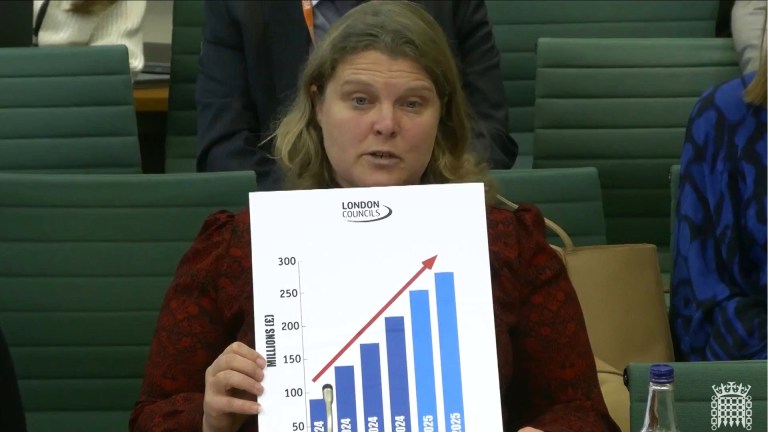Demand outstripping funding for special education needs and disabilities (SEND) provision in schools is forcing English councils to cut staff and increase assessment waiting times.
The National Education Union (NEU) said funding allocated to local authorities since 2015 has not kept up with rapidly increasing demand, with many councils having “reached crisis point”.
The number of children and young people granted an Education Health Care Plan (which states their legal entitlement to funding for extra educational support) has rocketed by more than a third since 2015, from 240,000 to 320,000.
But the budget for SEND provision has only increased by six per cent in that time – from £5.6bn to £6bn – leaving more than nine out of 10 local authorities facing shortfalls of thousands or millions of pounds.
Despite the small increase, in real terms there has been a £1.2bn drop in spending since 2015.
Councils have said the problem was exacerbated by a poorly-funded 2014 policy change that meant they took on the responsibility for supporting young people up to age 25 who are on special needs care plans.










